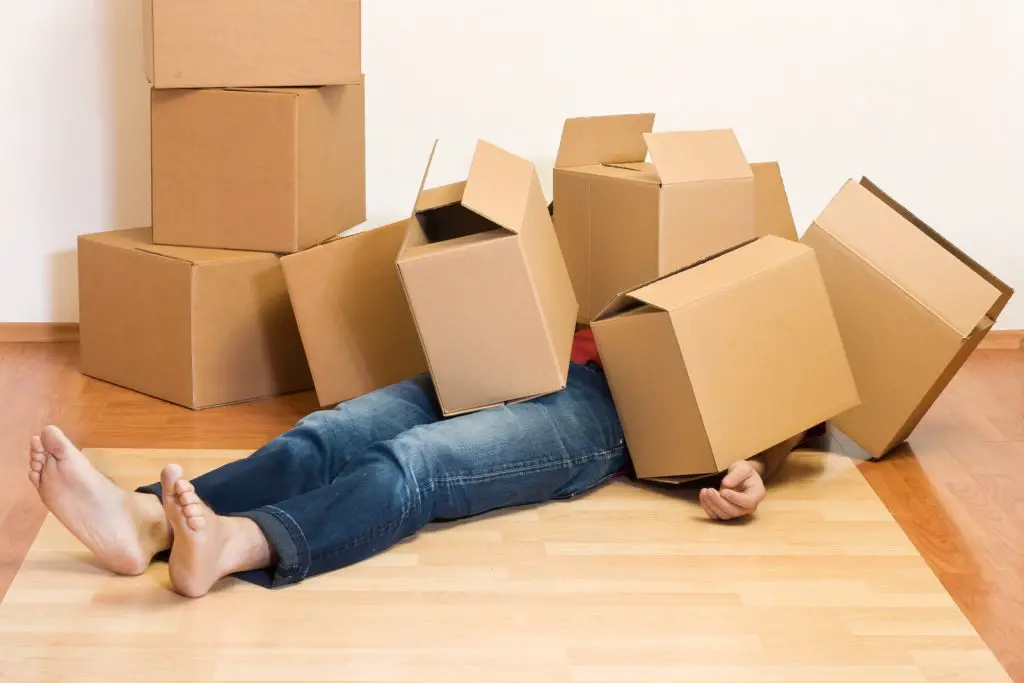Preparing to move house can be an exhausting and taxing task, but there are steps you can take to lessen both stress and workload.
Start by going through your closets and donating any unnecessary items. De-clutter before beginning packing!
Purchase quality boxes, packing tape and labeling supplies before informing friends and family of your move date so they can mark it in their calendars.
1. Decide on a date
Moving is one of the most stressful events of your life, so planning is essential to making it go smoothly. Determine when and how soon you wish to relocate – this will determine how much time will be necessary to pack everything up and arrange your movers.
If you have children, be mindful of when school begins; this is particularly relevant when considering college students as potential first-time graduates.
If your family owns pets, arrange to transport them safely to their new home.
If you are renting, review the terms of your leasing agreement carefully before entering into it. Depending on the contract, it may require booking an end-of-tenancy cleaning service or informing your landlord of the move date.
If you haven’t done so already, start collecting boxes and purchasing supplies like tape, boxes, pens and labels. On moving day itself you may require takeaways so mark down your favorite locations beforehand. Additionally, have your car serviced and check its tyres and oil; don’t risk being stuck somewhere unplanned on that crucial day!
2. Packing
Before beginning packing, take an inventory of your belongings to ensure a thorough packing job. Use plenty of padded protection when packing electronics, dishes or fragile items so as to avoid damage during transportation and prevent any breaks during transit. This will also keep the moving process simpler for yourself!
Before moving day arrives, larger pieces of furniture should also be prepared by disassembling drawers and doors, labeling cords, and placing screws into sealable plastic bags to help the movers avoid confusion and ensure your pieces will reassemble correctly.
As soon as you’re ready to pack, start by organizing essentials like clothes, toiletries and kitchen supplies – this will get the ball rolling faster and help you settle into your new home more quickly. After packing everything else up, move onto decorative items and wall hangings; by moving day’s end you should have all of your boxes out of sight and can enjoy celebrating your success with family and friends over a celebratory meal!
 3. Moving day
3. Moving day
Prior to moving day, it is vital that you organize and declutter your belongings as this will save both time and packing space. Also take this opportunity to donate or dispose of items you no longer require; additionally it would be prudent to purchase more boxes than anticipated so as to prevent unexpected shortages on moving day itself.
On the day of your move, organize a station with essential supplies like tape and markers in one convenient area – perhaps your guest bedroom table, dining room table or even on an end table in one of these rooms. Use marker pens to label all boxes according to their rooms.
Make sure that the appropriate notice period has passed under your lease agreement before giving notice of moving out, including changing utility bills and phone and broadband providers – you don’t want to find yourself without these essential services for too long!
4. Unpacking
After moving day is complete, it’s time to start unpacking and organizing your new home. Start with bedrooms before moving through each room until it is complete.
As part of your move, it’s crucial that your possessions remain safe. Take extra care in packing fragile items in sturdy boxes with ample padding such as paper, clothing or foam peanuts in order to prevent breakage; label every box appropriately; thread thin necklaces through drinking straws or toilet paper rolls so they won’t get tangled; take photos of electronics before disassembling them so that reassembling will be simpler; remove and wrap any screws or bolts used on furniture you disassemble before packing so they won’t get lost during transport






